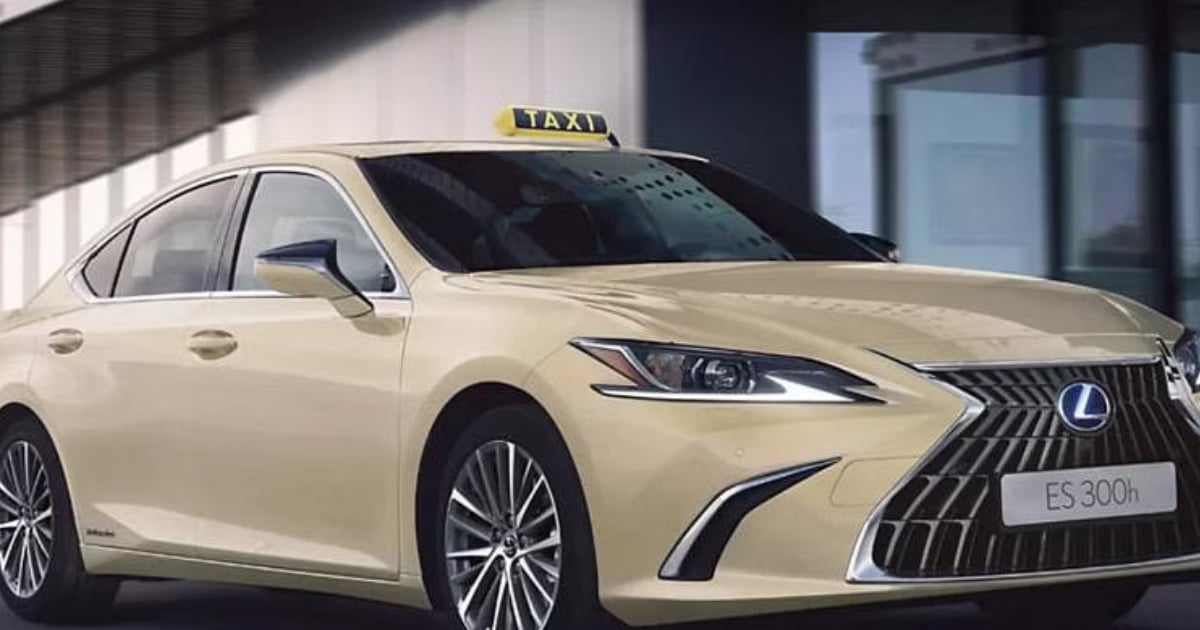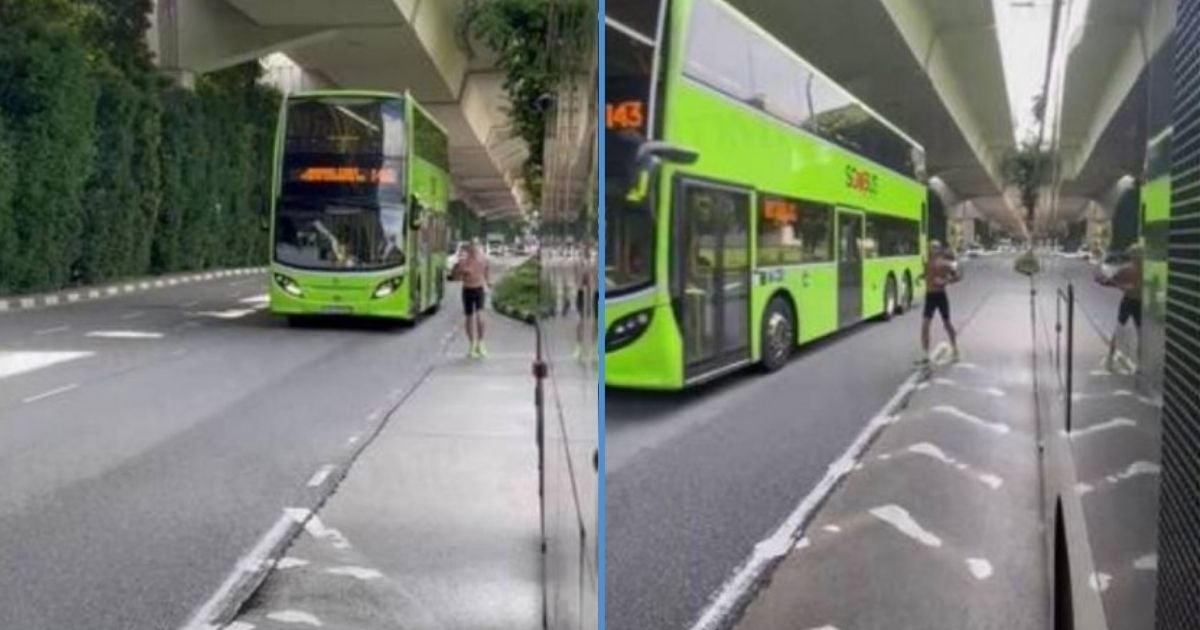While most of us might be used to seeing Mercedes-Benz cars on the street as taxis, that’s about to change real soon.
Come August 2023, you’re going to see many more Lexus cars as taxis in Singapore.
Recently, it was announced that ComfortDelGro, the largest taxi operator in Singapore, ordered 30 Lexus ES300 Hybrid saloons, which will be used as premium taxis on the road.
The cars, which were obtained from authorised Lexus agent Borneo Motors, were estimated to cost around $10 million.
As for when they will start being used in Singapore, a ComfortDelGro spokesperson told The Straits Times that the cars will be shipped to Singapore sometime between August to September this year and that they will be hitting the roads as early as August.
The spokesperson also mentioned that the choice of Lexus cars was a “commercial decision” by the company.
Not the First Time Singapore Has Switched Car Brands for Taxis
And for those who’ve been around for a long enough time, you might remember that this isn’t the first time Singapore has seen a switch in the car brands used for taxis.
27 years ago, CityCab by ComfortDelGro did the same when it purchased a fleet of 30 Mercedes E300 turbodiesel saloons in 1996 to use as taxis.
Over time, other taxi operators also invested in the same car brand, bringing the number of such cars to around 1,000 by 2007.
And that’s how Mercedes-Benz cars came to be used as taxis in Singapore.
As for now, ComfortDelGro revealed that it still has 150 Mercedes-Benz taxis.
The new Lexus taxis will act as replacements for some of the now-scrapped Mercedes-Benz premium taxis.
Lexus Cars are Relatively Cheaper, but Some Stakeholders Did Not Agree to the Switch
Since the announcement, some have pointed out that ComfortDelGro’s decision to switch to Lexus cars is likely due to the price of the Japanese brand’s cars.
For context, one Lexus ES300h costs around $300,000, 30% less than a Mercedes-Benz car with similar qualities.
Lexus cars have also been used in other countries like Dubai, Britain, New York, Germany and Cambodia.
However, some stakeholders have been sceptical of the switch.
According to The Straits Times, “several quarters within Toyota Motor Asia Pacific (TMAP)”, which is the regional headquarters of Toyota in Singapore, did not agree to the change.
For context, Lexus is owned by Toyota.
However, Ms Jasmmine Wong, the chief executive of Inchcape Singapore and Greater China, also known as Borneo Motors’ parent group, refuted this statement by saying that TMAP is “supportive” of the decision.
On the other hand, TMAP did not comment on the situation.
As for how the switch to using Lexus taxis may affect private car buyers’ decisions, Ms Wong mentioned that it should not have a large impact as ComfortDelGro is only purchasing a “very small number” of Lexus cars.
She added that the small quantity of Lexus cars might even “target very premium customers” and increase the company’s “exclusivity”.
Expert’s Opinion: Taxis Might Damage Brand’s Image
However, Dr Zafar Momin, adjunct Associate Professor at the National University of Singapore Business School, disagreed with the above sentiment.
He said that using specific car models as taxis will likely damage the brand’s image to some extent, as many people would not want to drive a car that is of the same brand or model as a taxi.
Basically, it’s an issue of “face” for many.
However, using cars in fleets still means that brands get to make sales and “generate volume to help achieve scale”, meaning that these car brands can still achieve cost competitiveness.
Apart from that, Dr Momin also pointed out that Mercedes-Benz is a more well-established brand as compared to Lexus, meaning that it is better able to deal with the impacts that may arise from its cars being used as taxis.
However, back then, some still avoided buying white-coloured Mercedes cars as they resembled the taxis used by CityCab.
Aside from the switch to Lexus cars, The Straits Times also reported that ComfortDelGro is looking into removing the “taxi” sign on car roofs.
The company, which is currently discussing the matter with the relevant authorities, proposed using a light-emitting diode (LED) sign behind the windscreens of the new Lexus taxis.
When speaking about the matter, the Land Transport Authority (LTA) confirmed it is currently looking through ComfortDelGro’s proposal.



